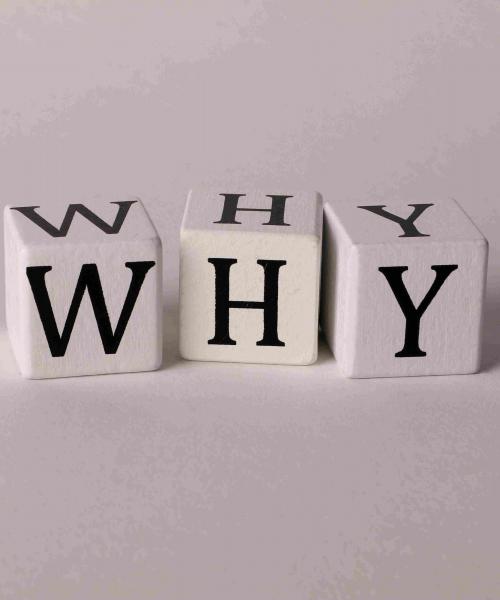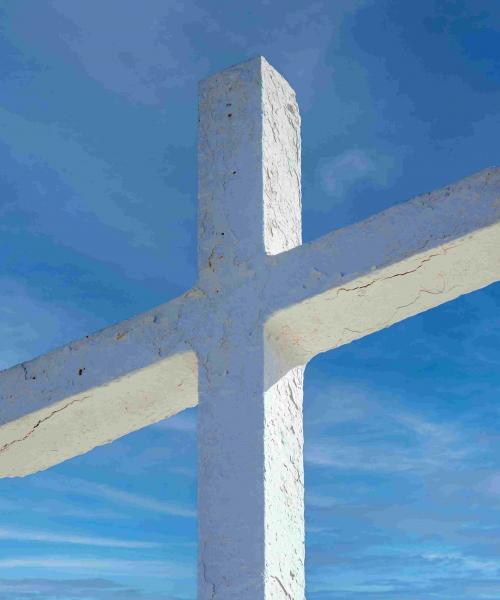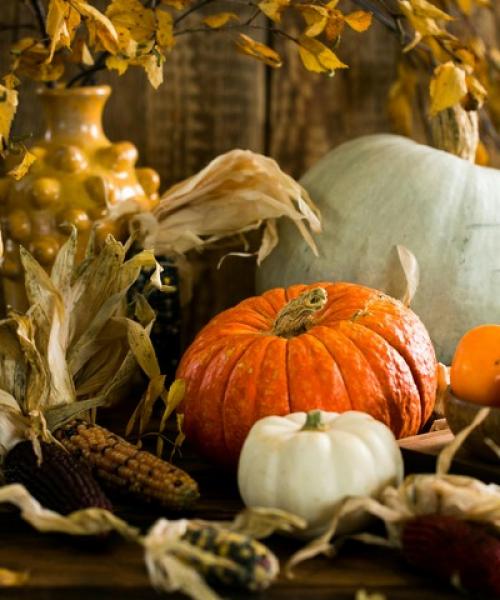
Sheep and shepherds
There are lots of livestock references in Scripture. Theologians have been using rural metaphors to describe God’s people since the idea of God’s people first presented itself. The notion of a group of wanderers under the care of a divine shepherd created instant understanding; these were people who understood the intricacies of animal husbandry in the sparse, hostile world of the ancient near east, and the thought of a singular shepherd, guiding a reluctant, stubborn, single-minded flock to safety was (and is) very comforting. The Psalms are full of these images, as are the prophets. Ezekiel preaches doom to the ‘so-called’ shepherds of Israel. They have grown fat while the people suffer: “You eat the fat, you clothe yourselves with the wool, you slaughter the fatlings, but you do not feed the sheep.” (Ezekiel 34:3.) Here the ‘sheep’ are helpless against the selfishness of their ‘shepherds,’ and the Divine shepherd promises a remedy to the suffering of the sheep. The people need guidance and sustenance, and compassion, and hope. And God will provide all of this and more. (Ezekiel 34: 11-16.)
The constant reference to livestock in Scripture continues in the New Testament – in the gospels – in the life and example of Jesus. And there are times, I’ll admit, that the comparisons may feel a little stale; not fit for our post-modern sensibilities. Are we no better than sheep? Even in a part of the country with a rich agricultural heritage, the simplistic picture that Scripture paints can seem too good to be true. Surely we are more complicated - our relationship with divine things must be more mature…and yet, I find myself strangely comforted by the ‘tired old’ agricultural metaphor from Scripture; now more than ever.
I mention this at a time when those who comply with government recommendations on restrictions are referred to – disparagingly – as ‘sheep.’ The suggestion is that we don’t know better – that we aren’t using our own resources to navigate the challenges of this or that situation. Those who sneer at the ‘compliant sheep’ would suggest that we are each fully capable of conquering our own destiny – there are those who would argue that we are required to be completely and courageously self-reliant, because (they argue) no one knows better than you what is best…for you.
It is in this atmosphere - and in my capacity as minister of Word and Sacrament -– that I must challenge those assumptions.
The ancient metaphor holds up beautifully against our precious entitlements. The notion of a cosmic care-giver shouts sense into the meaningless babble of those who would claim to be free. There has never been a good argument for the ‘everyone fends for themselves’ argument. Humanity is endlessly, incredibly interconnected. There is no action taken that does not have an effect on the rest of the species. Even without a religious impulse, humans gather themselves together for the common good.
True, opposing groups might squabble over territory or bragging rights, but individuals in the human family never thrive in the same way that groups do. And those groups need guidance. Whether a charismatic leader, or a shared set of values and principles, we need the cohesion that such guidance offers. In the Christian understanding, that guidance comes from God - under the guise of the Holy Spirit - following the example of Jesus.
And that guidance looks like a master sorting sheep from goats - judging the flock on how it performs - rewarding those who act together in the best interests of those they share the planet with…as though they were interacting with the Divine.
Our current predicament - hemmed in as we are by a pernicious virus that spreads faster that rumour and kills without regard for personal entitlement - places us on the point of decision. We can (and many have) choose to act in their own interests entirely: the urge to protect yourself from an unknown danger might suggest that isolation and selfishness is the order of the day. But in this case, the considered opinion of the best medical minds on the planet suggest that isolation, caution, and certain protective measures are actually in the extended interest of everyone. The act of corporate compliance is, in fact the ultimate in selflessness. The shepherd call for caution, and the sheep would do well to obey. Not just for our own protection - if only it were that simple. An order to ‘save yourself’ might stand a chance, but we are being asked to look out for one another. We are being asked to follow kingdom rules:
“Truly I tell you, just as you did it to one of the least of these - who are members of my family - you did it to me.” Those who long for a solo run through life, aimed toward some sort of heavenly reward are in for a big surprise. Those who insist on their own way; those who adopt a ‘me first’ attitude; who insist on rights that have no basis in reality; who dismiss the protective ‘herd behaviour’ that wants what’s best for the group…those people are not going to like what comes next in this parable (Matthew 25:41ff). (Go ahead - read it for yourself. Convince me that Jesus is rewarding those who defend their rights in spite of (or at the peril of) those who cannot or will not act. My Christian duty - for I desire to be a follower of Jesus - is to show by my actions that I care for those who are not like me - those who are not able to care for themselves - even those who are hostile toward my intentions. Not to force my feelings (or behaviours) on them, but to show by those behaviours that I recognize them as members of the same family; as a child of God)
Jesus - on the verge of turning defeat into eternal victory - is reminding his listener that the prize is not for the selfish, but the selfless. It is the protective impulse - the action that benefits the community - the compassionate urge - the innocent act of mercy; these are the things that matter. These are the markers of Holy Happiness; these are the keys to the Kingdom of God.
 St. John's
St. John's




